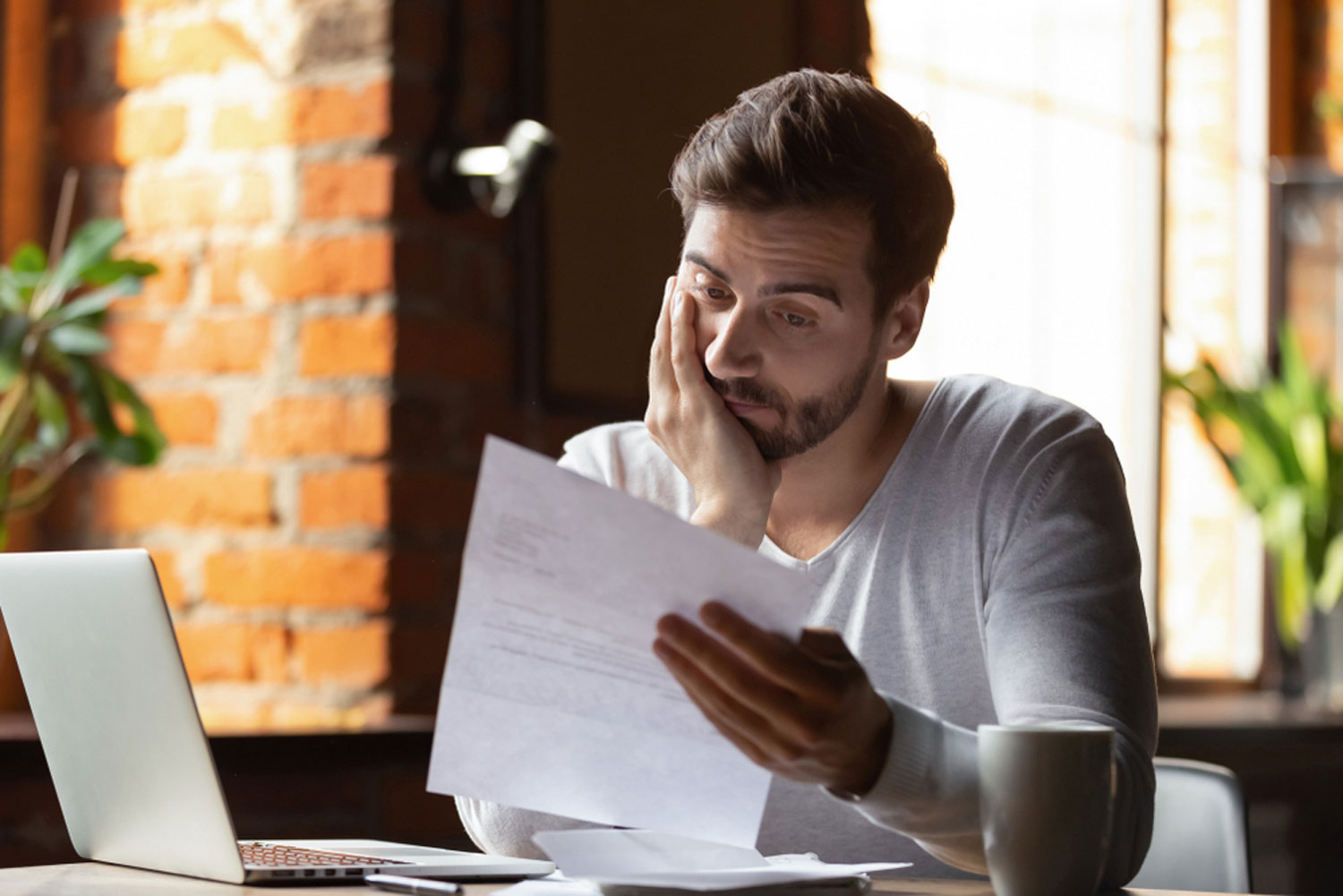What You Need to Know About Buying a Car After a Repossession
Having a repossession on your credit report may seem like a lending dead-end. But you do have options for buying a car and securing a loan after a repo.
 Shutterstock
Shutterstock
Having a car repossessed can be a serious setback, and most drivers will need to replace their vehicle right away to get to and from work or school. Buying a car after a repossession isn't always easy or inexpensive, but it is possible.
If you find yourself in this position, it's important to understand your options. You'll want to give some thought to how to secure new financing and investigate whether there's anything you can do to counteract a repossession on your credit report.
Here are some key details to help with buying a car after a repossession.
What Repossession Does to Your Credit
A car repossession — including any late payments, default or missed payments, and collection attempts — stays on your credit report for seven years and can decrease your credit score by approximately 100 points or more. If it causes your FICO credit score to dip to 670 or below, you may be considered a subprime borrower. Many traditional banks and credit unions may not work with subprime borrowers who have a recent repossession on their record. If you do find a willing lender, the loan will likely have a higher interest rate than a loan for someone with good credit.
What Are Your Options After a Repossession?
First and foremost, before initiating the purchase of a new car, you'll want to pay off any balances or fees from your previous car loan. Even if that car was repossessed, you are still on the hook for the difference between what the repossessed car sold for at an auction and what you still owed on the loan, plus any repossession costs and repairs. Not paying these fees and balances could continue to damage your credit.
When you're ready to replace your repossessed vehicle, you have the following options:
- Skip the loan — the fastest option for getting back on the road after repossession is to buy an inexpensive used car without financing, by using cash. While this may be difficult to do, it can give you some time to rebuild your credit without having a car loan payment hanging over your head
- Make a large down payment — saving up and making a large down payment could improve your chances of securing a loan from a lender. A large down payment reduces the overall cost of the vehicle purchase as well as the size of loan you'll need to finance. If you purchase a used car, a large down payment can have an even bigger impact because you will be paying down even more of the purchase price. Also, consider choosing a shorter loan term, such as 36 months instead of 60 months, as this could qualify for a lower interest rate and help you pay down the loan more quickly
- Get a cosigner — ask a family member or trusted friend with strong credit to cosign on a new car loan with you. The lender will consider the credit histories of both parties, which can help them feel more confident about lending to you, and you'll be able to rebuild your credit by making payments on time each month. Just remember: the cosigner will technically be taking out the loan with you, so they will be obligated to pay the loan if you stop making payments
- Use dealership financing — getting in-house financing (also known as buy here, pay here financing) doesn't rely on checking your credit for loan approval. Instead, the dealership will rely on other factors, such as monthly income and employment, to determine whether the borrower can afford the car payment. This type of financing typically comes with higher interest rates and other fees, such as "interest markups"
Rebuild Your Credit
Improving your credit score can improve your chances of being able to purchase a new car after experiencing a repossession. The best way to rebuild your credit is to consistently pay every bill on time every month. In addition, only take on new loans or lines of credit when you know that you can safely afford to do so.
Buying a Car After a Repossession Is Possible
Having a repossession on your credit for seven years may seem like a lending dead-end, but you do have options for buying a car and securing a loan after a repossession. Paying cash, saving up a large down payment, choosing an inexpensive used car, getting a cosigner, or using dealer financing can help you get back behind the wheel. Whichever option you choose to pursue, focus on what you can do to improve your credit and reduce your current balances.
Written by humans.
Edited by humans.
 Sheryll Poe
Sheryll PoeSheryll Poe is a journalist and freelance writer based in Washington, D.C. where she writes about the latest news and trends in the automotive, finance, retail, and technology industries. With over two decades of experience, Sheryll has bylined hundreds of stories for websites, magazines, newspapers for trade associations and business clients. When not wielding words on behalf of clients, she enjoys cooking (and eating), watching bad reality television, and traveling the world.
Related articles
View more related articles